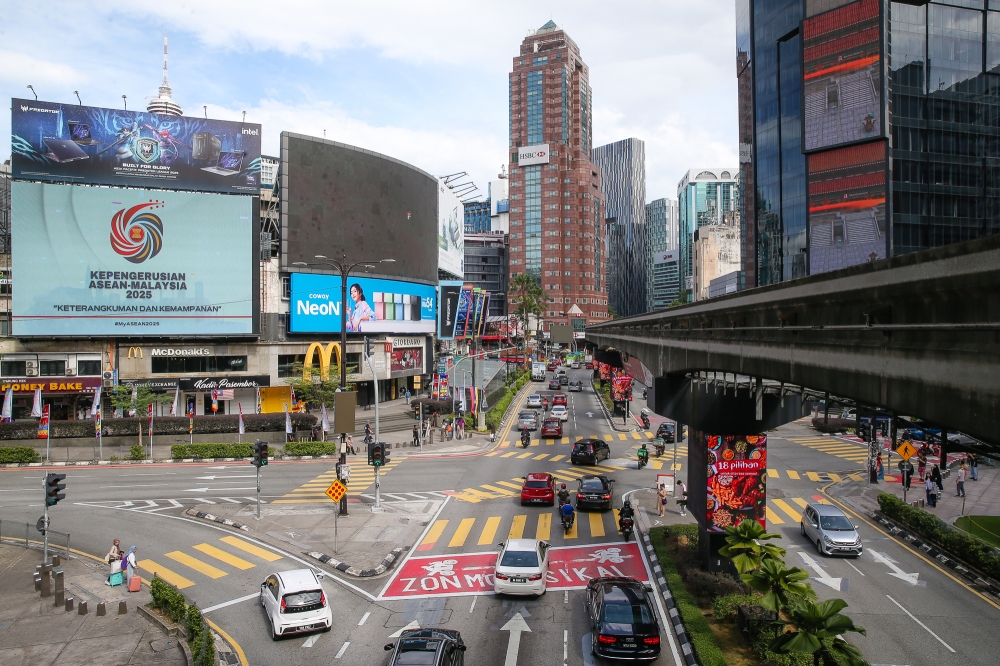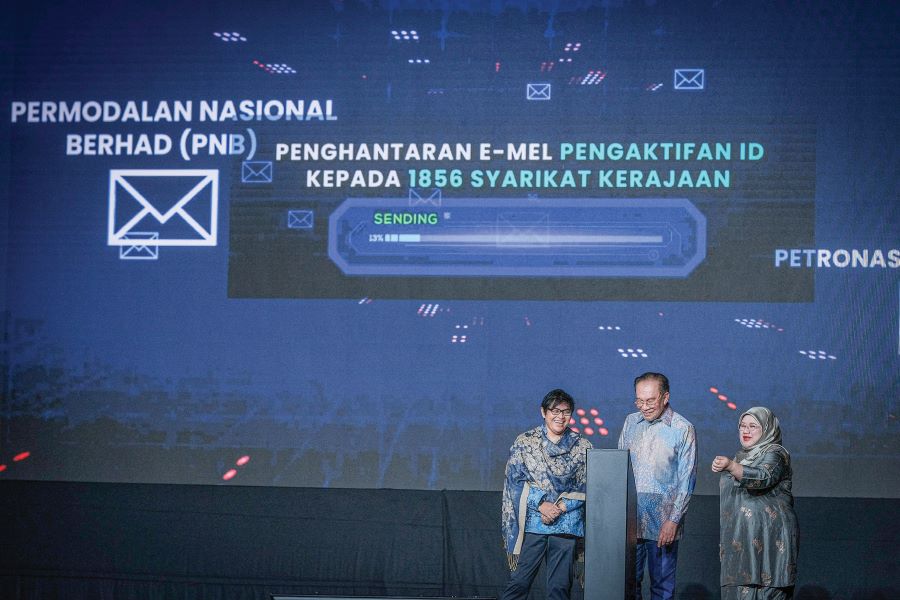FEBRUARY 6 — — Recent critics have unfairly dismissed Malaysia’s Asean chairmanship without acknowledging the proactive steps taken to enhance regional cooperation. Malaysia has already demonstrated strong leadership and strategic vision in addressing key challenges, fostering economic growth, and strengthening Asean’s unity.
Malaysia is committed to enhancing Asean’s institutional capacity to respond more effectively to regional challenges. This includes efforts to streamline decision-making processes and improve coordination among Asean bodies to ensure faster and more decisive action on security, economic, and social issues. Malaysia is also advocating for a stronger Asean Secretariat with better resources to manage the region’s expanding agenda.
Malaysia is driving Asean’s regional payment connectivity initiative, which aims to integrate digital payment systems across member states. This will facilitate smoother cross-border transactions, benefiting businesses and consumers alike. Additionally, Malaysia has pushed for the full implementation of the Regional Comprehensive Economic Partnership (RCEP) to boost trade and investment flows, solidifying Asean’s position as a global economic hub.

The Asean logo displayed at Bukit Bintang in Kuala Lumpur, January 17, 2025. — Picture by Yusof Mat Isa
Recognising the importance of food security, Malaysia is also working with Asean partners to develop a regional food supply resilience framework to safeguard against future disruptions, ensuring stable and affordable food supplies for all member states.
Malaysia is reinforcing Asean’s collective position on the South China Sea by advocating for a legally binding Code of Conduct (COC) with China to prevent conflicts and ensure freedom of navigation. Malaysia has also called for stronger maritime security cooperation within Asean to counter illegal fishing and other threats that endanger regional stability.
As climate change increasingly threatens South-east Asia, Malaysia is leading efforts to strengthen Asean’s disaster response capabilities through better coordination under the Asean Coordinating Centre for Humanitarian Assistance (AHA Centre). Malaysia is also advancing plans to expand climate financing mechanisms, allowing Asean member states to access more funding for green projects and disaster recovery efforts.
Malaysia is championing initiatives to improve visa-free travel and mobility programmes for Asean citizens, making it easier for professionals, students, and workers to move across borders. This includes promoting mutual recognition agreements (MRAs) for skilled professionals, ensuring greater job opportunities and economic integration across the region.
Malaysia’s Asean chairmanship is off to a strong and proactive start, with clear initiatives to strengthen economic growth, regional security, institutional effectiveness, and climate resilience. Dismissing its efforts at this early stage ignores the long-term impact of these strategic actions. A fair assessment should focus on the tangible progress that will unfold throughout the year, rather than rushing to judgment after just one month.
* Mohammed Taufiq Johari is Member of Parliament for Sungai Petani
** This is the personal opinion of the writer or publication and does not necessarily represent the views of Malay Mail.







